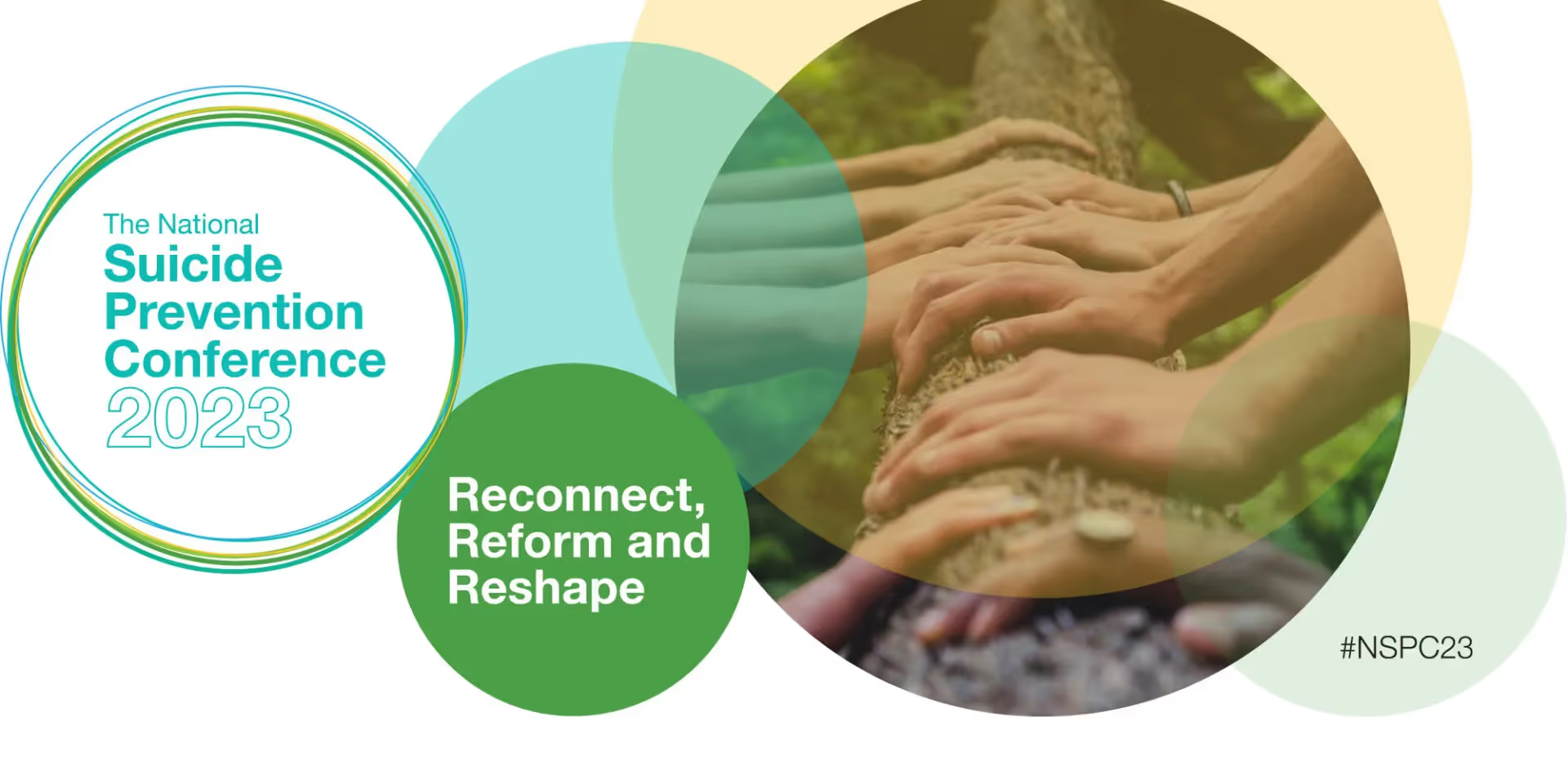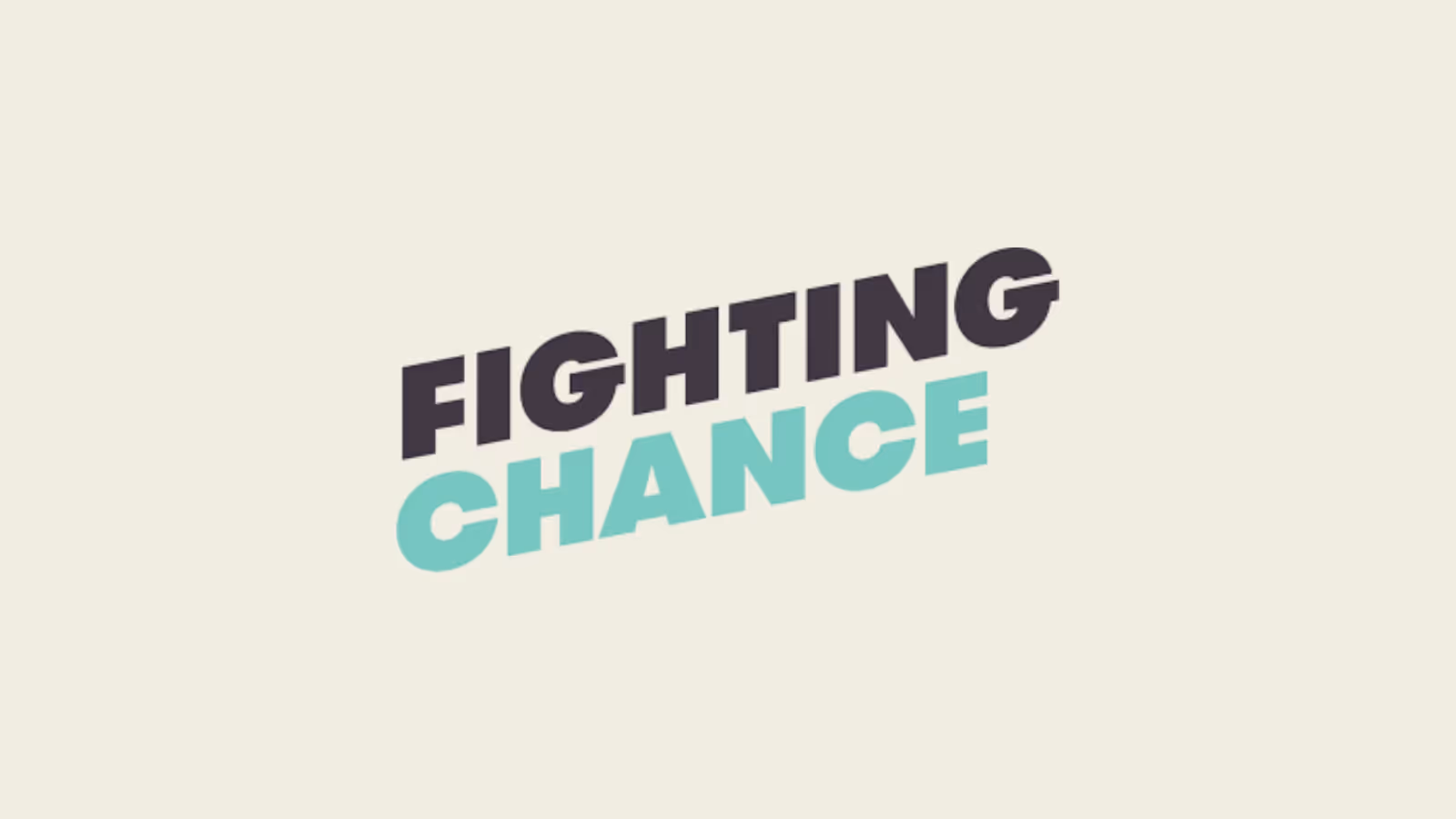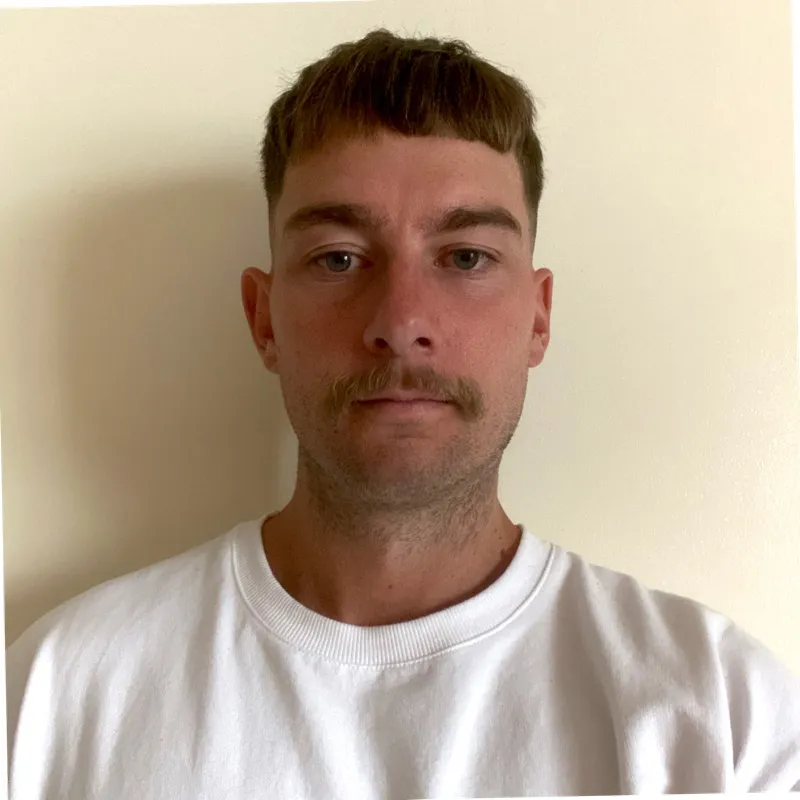New Approaches to Suicide Prevention – Suicide Prevention Summit
Learn new approaches to suicide prevention from Foremind’s summit insights.

Content warning: this post discusses suicide. If you find this brings up difficult issues for you, you can call Lifeline on 13 11 14 or 000 if you need immediate help to stay safe.
This weekend (19-21 May) I had the privilege of attending the 2023 Suicide Prevention Summit hosted by Mental Health Academy. This event bought together leading experts in the field of suicide prevention from all over the world for a three day online event to share new research on how we can address the growing challenge of suicide in our communities.
It’s always humbling to attend events where the combined years of clinical and research experience tallies into the hundreds. It’s also confronting to see how our thinking around suicide needs to change, and encouraging to see the hard work to researching how we can be better at looking after each other. Here are my top three takeaways from the Summit.
AI is here to stay
We all know AI is here to stay, but are we ready for AI in mental health care services? If, like me, your answer is to chuck it into the too hard basket…well, maybe it’s time for a rethink before the computers outthink us. Dr Jonathan Singer, a social worker and researcher, spoke at length about the ways that AI can transform suicide intervention, in particular the role of Natural Language Processing (NLP) in understanding the way people use language to give meaningful insights into their thoughts and feelings, and their potential suicidality. NLP could be used to help in assessing whether someone is at risk of suicide; to help clinicians keep track of trends in their client notes; for chat based interfaces like Chat GPT; and for image based platforms like Midjourney. However, there are substantial limitations with AI, mainly to do with our ethical frameworks not keeping up with the developing technology and bias in AI that overdiagnoses or misses people’s distress based on their characteristics. AI in mental health is definitely an issue Foremind is keeping an eye on, so watch this space.
Working with men
Dr Paul Sharp shared some fascinating insights into ways of working with men around issues of relationship disruption and breakdown. Time and time again, research shows relationship disruption/breakdown increase the risk of suicidal thinking and behavior in men. His research showed that men often seek help when their relationships are at crisis point (or have already broken down), and when men engage services they often experience the mental health service as judgmental rather than meeting them where they’re at. All this points to the need for mental health services to change their tactic when working with men, to encourage men to engage before relationships are at crisis point, and to recognise relationship breakdown is a red flag for suicide risk. Exploring how traditional ideas of masculinity fit in to mental health issues – the ideals of being stoic, the breadwinner, ‘strong’ – was also a takeaway message. We need to change the narrative around looking after your mental health so we view getting help as a sign of strength.
Postvention planning
Carmen Betterridge presented a much needed exploration of how organisations need to plan for suicide postvention support. Postvention support refers to the support that happens after there has been a death from suicide in an organisation, and is one of the hardest things to get right: most people who have experienced a suicide death find the support they were offered wasn’t what they needed, or wasn’t there at all. Suicide postvention is also suicide prevention, because we know that exposure to a death by suicide increases risk of suicide. Ms Betterridge’s research shows postvention support needs to be more than just an having an employee assistance program (EAP) offering counselling support: there needs to be an organisation and community driven response to truly support people who have been exposed to a person dying by suicide. This is something we emphasise at Foremind. We’re about so much more than 3-6 counselling sessions: we’re about changing culture and building a mentally healthy workplace.
The last word
It’s encouraging to hear from leading researchers and practitioners about how we can all work together to address suicide in our communities. Being open to new approaches helps us to be better at meeting the needs people have for support, in ways that we might not have thought of before. We’re committed here at Foremind to continue to keep up with what’s new and changing in the field, and are grateful to Mental Health Academy for pulling together a thought provoking and future-focused event.
This post has discussed suicide, which is a confronting topic. If you need support, please feel free to contact Lifeline on 13 11 14 or 000 if you need immediate help to stay safe.
Find out more about how we are improving mental health for workers and supporting companies manage their Psychosocial Hazard compliance!

Hello 👋 I’m Joel the founder of Foremind.
Are you ready for simplified support & compliance?
Latest insights
Answers to the frequently asked questions.
Still have questions?
Email us at enquiries@foremind.com.au and we'll get back to you quickly with a response
We partner with counsellors who work in private practice so they are also free to work for other organisations if they see fit. The all have their own private practices however, they’re still all handpicked by Louise… Never had an issue with any of our counsellors… we maintain high levels of quality control.
Foremind offers multilingual support, with professionals available in languages including Spanish, Portuguese, mandarin, vietnamese and Persian
All our counsellors are contractors. They are highly qualified and go through long interview processes to ensure they are the right fit.
All counsellors must apply to the role and are interviewed before added to the platform, must meet the criteria as per the below.- We employee counsellors, mental health social workers, mental health nurses and psychotherapists.- Qualifications in Counselling, Psychotherapy or Social Work, minimum Bachelor or Masters qualification- Minimum 3 years direct practice experience post graduation- Registration with appropriate body – PACFA Clinical registration, ACA level 2 minimum, Accredited Mental health Social worker or Clinical Social worker- Broad experience providing individual coaching, counselling and support for personal and work-related issues- How far reaching is your EAP? We have counsellors located in every major city in Australia.





.png)
